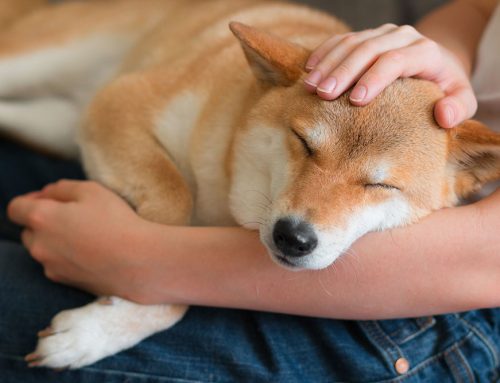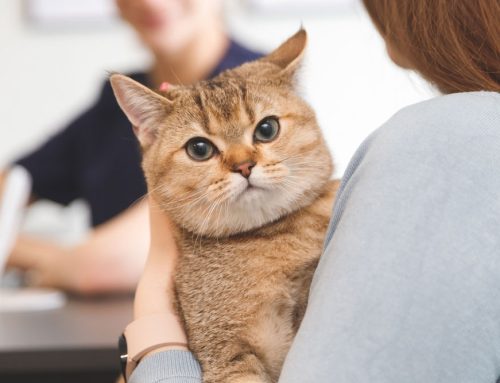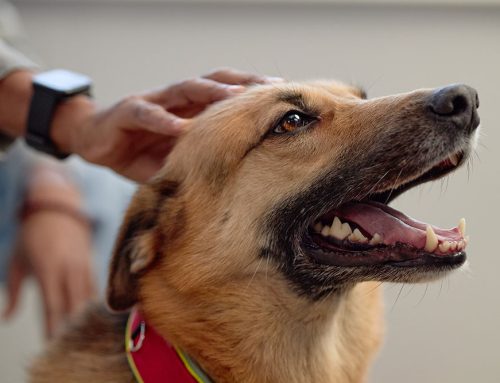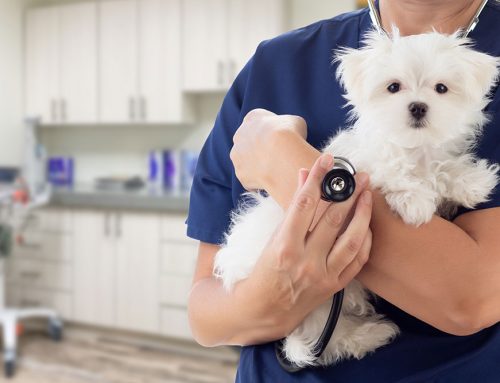Every cat owner knows the sound that sends us running- and it’s a surprising common symptom for cats. Vomiting is a common but concerning issue– While an occasional hairball or mild stomach upset may not be cause for alarm, frequent or severe vomiting can indicate an underlying health problem. Knowing the difference between a one-time event and a serious medical condition is essential in keeping your cat healthy.
At Family Veterinary Care of Oakdale, we help cat owners understand why their cats may be vomiting, when to monitor at home, and when to seek veterinary care.
Why Do Cats Vomit? Understanding the Causes
Vomiting is a protective reflex that helps the body remove harmful substances. However, chronic or recurrent vomiting is not normal and often signals an underlying condition that requires veterinary attention Feline Vomiting – Cornell Feline Health Center.
Types of Cat Vomit and What They Mean
Observing the color, texture, and frequency of your cat’s vomit can provide important clues about the cause Types of Cat Vomit – Purina.
1. Hairballs
- Often tubular in shape with clumps of fur
- Caused by excessive grooming and hair accumulation in the stomach
- Occasional hairballs are normal, but frequent vomiting of hairballs may indicate gastrointestinal motility issues or excessive shedding
2. Undigested Food Vomit
- Vomiting shortly after eating suggests eating too quickly, food intolerance, or esophageal issues
- Slow-feeder bowls can help prevent scarf-and-barf syndrome
3. Bile or Yellow Vomit
- Commonly occurs when the stomach is empty for too long
- Could indicate acid reflux or underlying liver disease
4. White Foam Vomit
- Can be due to an empty stomach, gastritis, or kidney disease
- Chronic occurrences warrant a veterinary check-up
5. Blood-Tinged or Coffee-Ground Appearance
- May indicate stomach ulcers, ingested foreign objects, or serious illness
- Seek veterinary care immediately
Common Causes of Vomiting in Cats
1. Dietary Indiscretion (Eating Something They Shouldn’t)
Cats are curious eaters, and ingesting spoiled food, human leftovers, or toxic plants can trigger vomiting. Common culprits include:
- Houseplants (lilies, poinsettias, and aloe)
- Dairy products (contrary to popular belief, many cats are lactose intolerant)
- String or small objects (which can lead to dangerous intestinal blockages)
If your cat has eaten a potentially toxic substance, call your veterinarian immediately.
2. Food Intolerance or Allergies
Some cats develop allergies or sensitivities to ingredients like chicken, beef, or dairy, leading to vomiting, diarrhea, or itchy skin. If you suspect a food intolerance, switching to a hypoallergenic diet may help.
3. Hairballs and Gastrointestinal Issues
While occasional hairballs are normal, frequent hairball-related vomiting may indicate an underlying digestive issue. Intestinal inflammation, sluggish digestion, or inadequate hydration can contribute to excessive hairballs.
Brushing your cat regularly and providing a hairball-control diet can help manage this issue.
4. Gastrointestinal Diseases
Persistent vomiting may be a sign of inflammatory bowel disease (IBD), pancreatitis, or stomach ulcers. These conditions require veterinary diagnosis and treatment to prevent long-term complications.
5. Chronic Kidney Disease (CKD)
Vomiting is a common symptom of kidney disease in older cats due to toxins building up in the bloodstream. Other signs of CKD include:
- Increased thirst and urination
- Weight loss
- Poor coat quality
Regular veterinary check-ups can detect early-stage kidney disease, allowing for better management and quality of life Chronic Kidney Disease in Cats – Cornell Feline Health Center.
6. Hyperthyroidism
Middle-aged and senior cats are prone to hyperthyroidism, a condition where the thyroid gland overproduces hormones, causing:
- Increased appetite with weight loss
- Frequent vomiting
- Hyperactivity or restlessness
A simple blood test can diagnose hyperthyroidism, which is treatable with medication, dietary management, or specialized therapy Feline Hyperthyroidism Guidelines – AAHA.
When to Call the Vet
While some cases of vomiting are mild, certain signs indicate an emergency. Contact your veterinarian immediately if your cat experiences:
- Repeated vomiting for more than 24 hours
- Lethargy or sudden weakness
- Vomiting blood or black coffee-ground material
- Severe dehydration (sunken eyes, dry gums, or skin tenting)
- Painful abdomen or bloating
Early diagnosis and treatment can prevent serious complications and help your cat recover more quickly.
How Regular Veterinary Exams Can Prevent Vomiting Episodes
Routine wellness exams allow early detection of health problems before they become serious. A thorough check-up includes:
- Bloodwork and urinalysis to assess kidney and thyroid function
- Nutritional recommendations for sensitive stomachs
- Preventive screenings to catch chronic illnesses early
Scheduling annual or biannual wellness visits can improve your cat’s long-term health and comfort Importance of Wellness Exams – AVMA.
How to Help Your Cat at Home
If your cat has mild vomiting without additional concerning symptoms, you can:
- Withhold food for 6-8 hours (but continue offering fresh water)
- Offer bland food (like boiled chicken or plain pumpkin)
- Ensure proper hydration with wet food or a pet fountain
However, if symptoms persist or worsen, do not delay seeking veterinary care.
Understanding and Managing Vomiting in Cats
While occasional vomiting may not be a concern, frequent or severe episodes should always be evaluated by a veterinarian. Vomiting can be a symptom of serious health issues, from kidney disease to gastrointestinal disorders, and early intervention is key to effective treatment.
At Family Veterinary Care of Oakdale, we are dedicated to keeping your cat healthy and happy. If you have concerns about your cat’s vomiting, schedule an exam today Book an Appointment.











Leave A Comment